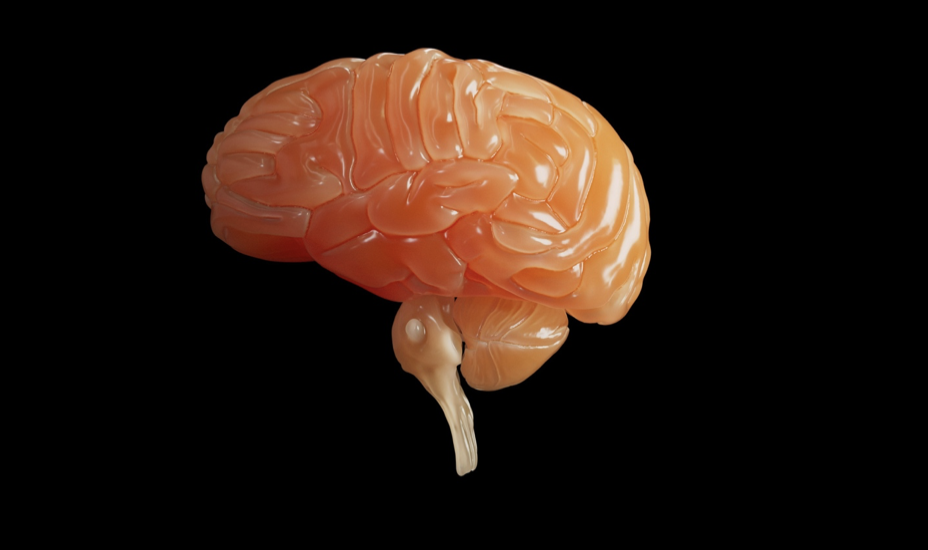In recent years, the conversation around air pollution has intensified, with many raising alarms about its consequences on human health. While pollution’s effects on respiratory health in adults have been a focal point, an alarming new trend has emerged. Teenagers are now experiencing severe heart issues due to pollution, demanding immediate attention to safeguard their well-being.
Understanding the Impact
Recent studies have revealed the stark reality that teenagers, even those perceived as healthy, are at an increased risk of suffering from irregular heartbeats and high blood pressure directly linked to air pollution exposure. Air quality significantly influences the heart health of adolescents, painting a grim picture of the costs of environmental negligence.
Furthermore, the implications of these findings extend beyond immediate health concerns. Other reports reinforce the idea that early exposure to polluted environments can lead to a higher propensity for cardiovascular diseases in later life, suggesting a generational impact that could severely strain global health systems.
What the Studies Say
King’s College London’s analysis included eight studies with 15,000 children aged 10 to 19, focusing on their exposure to pollution like PM2.5 and PM10 from car exhaust and road debris. Children at age 12 exposed to higher levels of these particles had elevated blood pressure, increasing the risk of hypertension, heart issues, and strokes in adulthood. Overweight children face nearly double the blood pressure increase when exposed to ozone and sulphur dioxide pollution from car emissions and coal burning. Professor Seeromanie Harding highlighted that children are more susceptible to pollution due to spending more time outdoors while growing.
Parents are advised to guide children towards less traffic-polluted routes, while schools should consider measures like speed limits and greenery to shield playgrounds from pollution. Inhaling air pollution particles deeply can harm blood vessel linings, making them rigid and reducing elasticity. Consequently, the heart works harder to pump blood through vessels, increasing blood pressure.
A study by Penn State College of Medicine researchers revealed that higher levels of fine particles (PM2.5s) in the air increase the risk of irregular heartbeats in healthy US teenagers. This association between PM2.5 air pollution and cardiac arrhythmias in adolescents had not been reported before. Vehicle exhausts and industrial activities are major sources of these harmful particles, which can reach deep into the lungs and bloodstream, causing inflammation and diseases.
The lead researcher, Dr. Fan He, emphasised how air pollution could trigger arrhythmias and contribute to sudden cardiac death in youth, despite their generally low cardiovascular disease risk. The study monitored 322 healthy teenagers over 24 hours using heart monitors and air sampling kits to assess the impact of particulate air pollution on their heart health.
Premature ventricular contractions, linked to increased risks of serious heart conditions later in life, were observed within two hours of exposure to PM2.5. Even with average daily PM2.5 levels considered relatively low by UK standards, there was a noticeable impact on heart health. The findings highlight the urgent need to address air pollution to protect young people from potential cardiovascular risks and tragic outcomes like sudden cardiac death.
The Role of Diesel Cars
One of the principal contributors to urban air pollution is vehicle emissions, notably those from diesel engines. Diesel car owners play an unwitting yet critical role in this unfolding health crisis. Transitioning towards cleaner transportation options, such as electric vehicles, and implementing stricter emissions standards are essential to mitigate this risk.
The Dieselgate scandal, which broke out in September 2015, revealed that several automotive manufacturers had installed software in diesel cars to cheat on emissions tests. This deceit undermined environmental regulations and exposed the public to harmful pollutants far beyond what was legally permissible. Aside from hefty fines, huge recalls, and many lawsuits and diesel claims, the scandal has led to increased scrutiny of diesel cars and a push for stricter emission standards across the globe.
The repercussions of Dieselgate are far-reaching. Not only does it highlight the need for transparency and integrity within the automotive industry, but it also spotlights the broader implications of diesel pollution on public health. The manipulation of emissions data has directly contributed to the degradation of air quality, putting millions at risk of respiratory and cardiovascular diseases.
Conclusion
The evidence linking air pollution to heart problems in teenagers is a wake-up call for society. It highlights the urgent need to combat air pollution and protect our younger generation’s health. We can mitigate this silent threat by taking collective action and paving the way for a healthier, cleaner future.
For those invested in the well-being of our planet and its inhabitants, the time to act is now. Whether you’re an environmental advocate, a concerned parent, or a diesel car owner, your voice and actions can contribute to the fight against pollution. Explore the ways you can help at Claimexperts.co.uk.






